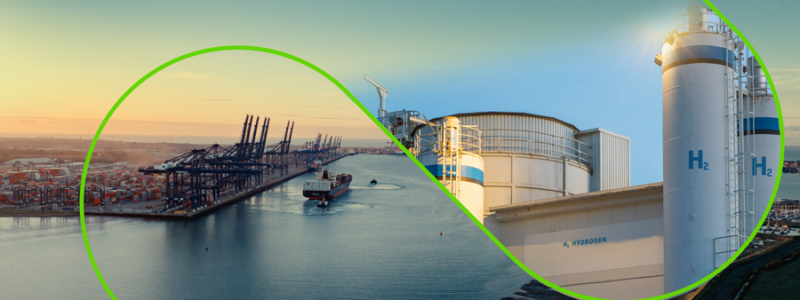Opportunities for business and investors
The UK is already a great place to invest and grow your business. On top of this, Freeports offer a generous package of incentives to help you expand, test new ideas and technologies, and trade internationally. These include a suite of tax reliefs, simpler customs processes and dedicated support on planning, innovation, and importing/exporting opportunities for your business.
For more information about what each Freeport can offer you, and details of who you can speak to find out more visit GREAT.GOV.UK Freeports in the UK.
Opportunities for your business

Freeports are ideal places to do business. By locating in one, you could benefit from:
- Tax reliefs – Freeports provide relief on Stamp Duty Land Tax (or equivalent taxes in Scotland/Wales), enhanced capital allowances, business rates relief for five years, and relief on Employer National Insurance contributions, offering substantial financial benefits.
- Customs incentives – Freeports streamline customs procedures, offer deferrals and exemptions from duty payments, and provide VAT suspension within customs sites, saving businesses time and money on import/export processes.
- Strategic location – Freeports centre on ports and airports, offering strong infrastructure and readily available land for development.
- Long-term UK Government backing – Freeport areas benefit from a 25-year settlement to retain and reinvest business rates locally, showing that government is backing them for success over the long term.
- Public investment – Freeport areas will see significant public investment, including £25 million of seed funding and potentially hundreds of millions in locally retained business rates, to be used to upgrade infrastructure, upskill local labour markets, support SMEs, and drive innovation.
- Private sector leadership and local collaboration – Freeports encourage collaboration between likeminded businesses, local government, and universities to address shared challenges such as planning and skills provision, creating new partnership opportunities and saving investors time and money.
- Regulatory engagement – through the Freeport Regulation Engagement Network, businesses in Freeports are able to work closely with regulators to solve problems and drive innovation.
- Sectoral focus – Freeports collocate specific target sectors and supply chains to create synergies, efficiencies, and partnership opportunities, particularly around decarbonisation.
What sectors do UK Freeports focus on?

Here are some of the sectors that Freeports are focusing on:
- Advanced logistics
- Advanced manufacturing
- Aerospace
- Agritech food processing & manufacturing
- Automotive
- Bio-manufacturing and chemicals
- Defence
- Food and drink
- Hydrogen
- Marine
- Offshore wind
- Port and logistics
- Research and development
- Space
- Technology
UK Freeports are tailored to local strengths and ambitions. Find out more about each of the Freeports target sectors and current projects.
For comprehensive information about the incentives available to businesses located in a Freeport site, visit the GOV.UK guidance for Freeports.
